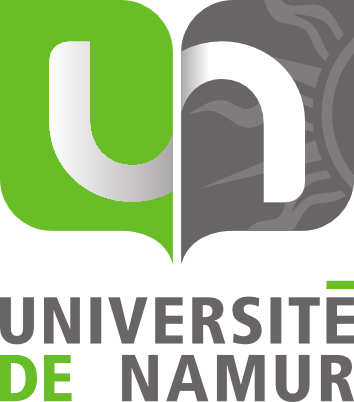DeFiPP Seminar - Frederik Noack - University of British Columbia
Economies of scale and ecology of Scope
Date : 02/03/2021 16:00 - 02/03/2021 17:30
Lieu : Via TEAMS
Orateur(s) : Frederik Noack
Organisateur(s) : Guilhem Cassan
Abstract
Farmers in Uganda grow substantially more crops per unit of land than their counterparts in developing countries. While specialization is often related to economic efficiency, a large ecological literature establishes the positive relationship between species diversity and productivity. Here, we model and estimate the private benefits of crop diversity in order to understand why Ugandan farmers are more diversified than their counterparts in developed countries. Based on empirical facts derived from 65,851 fields, we develop a model that combines the efficiency increasing mechanisms of specialization from the economics literature with economies of scope resulting from ecological interactions and other input complementarities. The model predicts that crop diversity enhances productivity in low input agriculture but also that these private benefits of diversity decline with increasing control over the production environment. We then test these predictions with plot level data from the low input agriculture of Uganda. We find that a 10 percent increase of farm size and a 10 percent increase of labor increases crop diversity by 1.6 and 1.8 percent respectively consistent with the presence of both economies of scale and economies of scope. Holding labor and land fixed, we also find that a 10 percent increase of crop diversity increases revenues by 3 percent, in line with economies of scope. Comparing Harvest quantities of crops grown individually and in combination with other crops we show that the economies of scope are likely to result from ecological interactions. Planting a crop in combination with one other crop increases harvest quantities per unit of input by 14 % compared to monocultures. These results suggest that the high levels of crop diversity in Uganda are determined by the interaction between economies of scope and economies of scale. They also suggest that crop diversity is an important productivity enhancing input for agriculture of Uganda and not the result of uninsured risk.
Contact :
Guilhem Cassan
-
guilhem.cassan@unamur.be
Télecharger :
vCal
